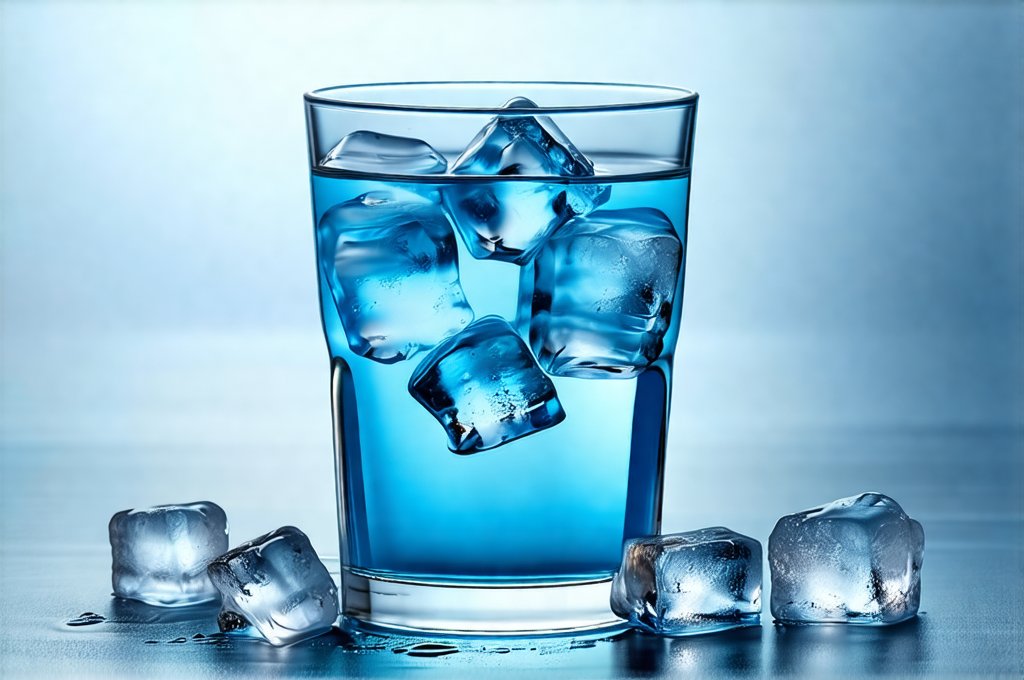The sensation of discomfort or pain in the pelvic region is something many men experience at some point in their lives. Often, these symptoms are quickly attributed to prostatitis – inflammation of the prostate gland – leading to anxiety and concern about potential long-term health implications. While acute bacterial prostatitis is relatively straightforward to diagnose and treat with antibiotics, chronic prostatitis/chronic pelvic pain syndrome (CP/CPPS) presents a much more complex challenge. The causes are often multifactorial and difficult to pinpoint, leaving many sufferers searching for triggers and exacerbating factors that might offer some relief. One surprisingly common question that arises among those experiencing these symptoms is whether drinking ice-cold water could potentially worsen their condition.
The connection between temperature and prostate health isn’t new; traditional medicine systems have long emphasized the importance of warmth in maintaining pelvic wellbeing. However, modern scientific understanding struggles to fully explain this perceived link. The prostate gland itself doesn’t directly feel cold, but it resides within a complex network of nerves, muscles, and blood vessels that are sensitive to temperature changes. This sensitivity, coupled with the often-vague nature of prostatitis symptoms (pain, urinary issues, sexual dysfunction), can lead individuals to perceive a connection where one may not necessarily exist. It’s crucial to understand the nuances of this potential relationship and to separate anecdotal observations from evidence-based medical explanations.
The Role of Temperature in Pelvic Health
The pelvic region is incredibly sensitive due to the concentration of nerves and vascular structures. Sudden temperature changes – whether extreme heat or cold – can theoretically influence nerve function, potentially leading to muscle spasms or increased inflammation. In individuals already predisposed to prostate issues, even minor fluctuations in temperature could conceivably exacerbate symptoms. It’s important to note that this isn’t necessarily about the water cooling the prostate itself; rather, it’s about how the body reacts to rapid internal temperature shifts. This is why some people find relief from pelvic pain with warm baths or heating pads – warmth can help relax muscles and improve blood flow.
The vagus nerve plays a significant role in regulating many bodily functions, including digestion, heart rate, and inflammation. Cold stimuli can sometimes trigger a strong vagal response, which could potentially impact the nervous system’s control over pelvic organs. While this is largely theoretical in relation to prostatitis symptoms, it offers one plausible mechanism for why cold water might be perceived as triggering discomfort in some individuals. Furthermore, the bladder and prostate are closely interconnected; changes in bladder temperature or function can directly affect the prostate gland and vice versa.
However, it’s also vital to acknowledge that many individuals with chronic pelvic pain find no correlation between their fluid intake temperature and symptom flare-ups. The experience is highly individualised, and attributing symptoms solely to ice water might overlook other contributing factors like stress, diet, physical activity, or underlying medical conditions. Some may even find that food sensitivities trigger prostatitis symptoms.
Potential Mechanisms Linking Ice Water & Prostatitis Symptoms
The idea that drinking very cold water could exacerbate prostatitis symptoms stems from several potential mechanisms, most of which are based on the principles of physiological response rather than definitive scientific proof. One theory centers around vasospasm – a narrowing of blood vessels in response to cold temperatures. If ice-cold water causes localized vasoconstriction in the pelvic region, it could temporarily reduce blood flow to the prostate gland, potentially leading to discomfort or exacerbating existing inflammation. This is similar to how some people experience muscle cramping after exposure to cold weather.
Another proposed mechanism involves the contraction of the detrusor muscle in the bladder. Cold water can stimulate nerve endings in the bladder wall, causing it to contract more forcefully and frequently. For individuals with chronic prostatitis, this increased bladder activity could irritate an already sensitive prostate gland. Finally, as mentioned earlier, a strong vagal response triggered by cold stimuli might contribute to altered nervous system regulation within the pelvic area. It’s crucial to remember that these are hypotheses; robust research specifically investigating this connection is limited.
Understanding Chronic Pelvic Pain Syndrome (CP/CPPS)
Chronic Pelvic Pain Syndrome encompasses a range of symptoms without a clear-cut cause, making diagnosis and treatment challenging. Unlike acute bacterial prostatitis, CP/CPPS isn’t typically caused by infection. Instead, it’s believed to be related to factors like nerve damage, muscle tension in the pelvic floor, inflammation, or psychological stress. Symptoms can include:
- Persistent pain in the perineum (area between the scrotum and anus)
- Pain during urination or ejaculation
- Urinary frequency or urgency
- Sexual dysfunction
- Lower back or abdominal discomfort
The variability of CP/CPPS means that triggers and exacerbating factors differ significantly from person to person. What bothers one individual may have no effect on another. Identifying personal triggers is a key component of managing the condition, but it requires careful self-observation and potentially working with a healthcare professional. Some men may find their symptoms are worsened by constipation trigger prostatitis symptoms.
The Importance of Hydration & Fluid Temperature
Regardless of any potential link to prostatitis symptoms, staying adequately hydrated is essential for overall health and prostate function. Proper hydration helps flush out toxins, supports healthy urinary flow, and can prevent constipation, which may indirectly impact pelvic comfort. However, the temperature of that fluid might not be as critical as many believe. While some individuals with chronic pelvic pain find relief from avoiding ice-cold beverages, others report no difference whatsoever.
The key is to listen to your body and identify what works best for you. If you suspect that ice-cold water exacerbates your symptoms, try switching to room temperature or slightly warm fluids and see if it makes a difference. Don’t drastically alter your hydration habits without consulting with your doctor. Remember, dehydration can be detrimental to overall health and potentially worsen urinary issues. Some find changes in barometric pressure trigger IC symptoms as well.
Seeking Professional Guidance & Management Strategies
If you’re experiencing prostatitis symptoms, it’s crucial to consult with a healthcare professional for accurate diagnosis and personalized treatment recommendations. Self-treating or relying solely on anecdotal information can lead to delayed proper care and potential complications. A doctor may recommend:
- Antibiotics (for acute bacterial prostatitis)
- Alpha-blockers or 5-alpha reductase inhibitors (to help relax prostate muscles and improve urinary flow)
- Pain management strategies, including over-the-counter pain relievers or prescription medications
- Pelvic floor physical therapy to strengthen pelvic muscles and reduce tension.
- Lifestyle modifications, such as dietary changes, stress reduction techniques, and regular exercise.
Ultimately, the question of whether drinking ice-cold water triggers prostatitis symptoms is complex and individualised. While there are plausible physiological mechanisms that could explain this connection, more research is needed to confirm it. Prioritizing hydration, listening to your body, and seeking professional medical guidance are the most important steps in managing prostate health and alleviating discomfort.





















